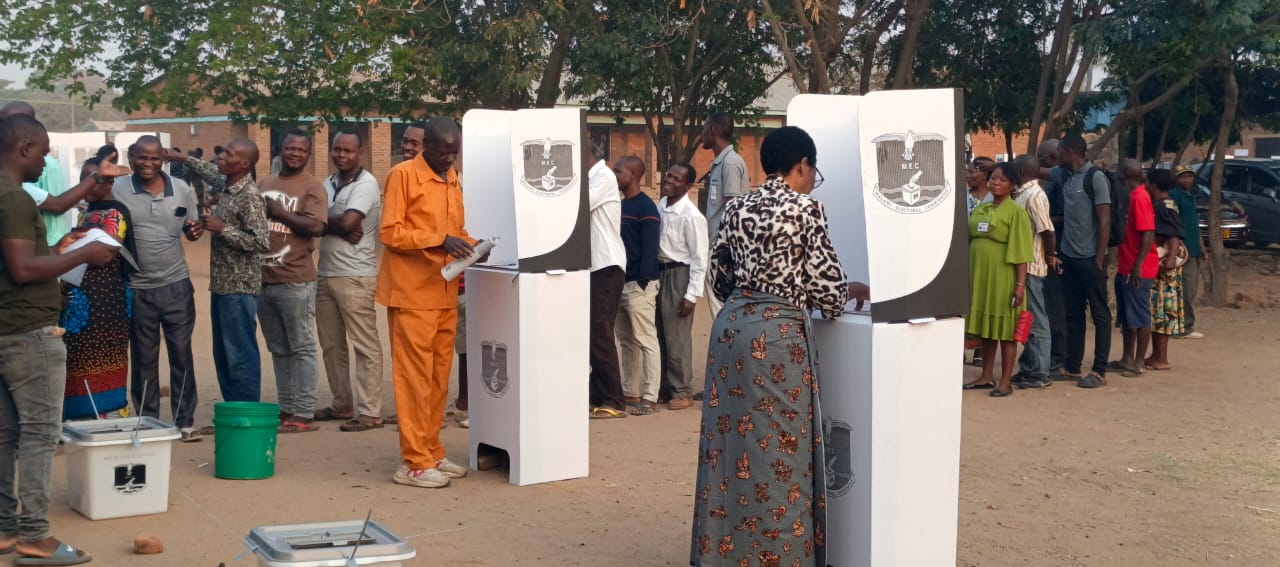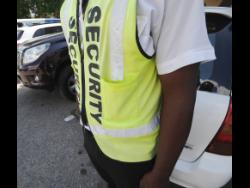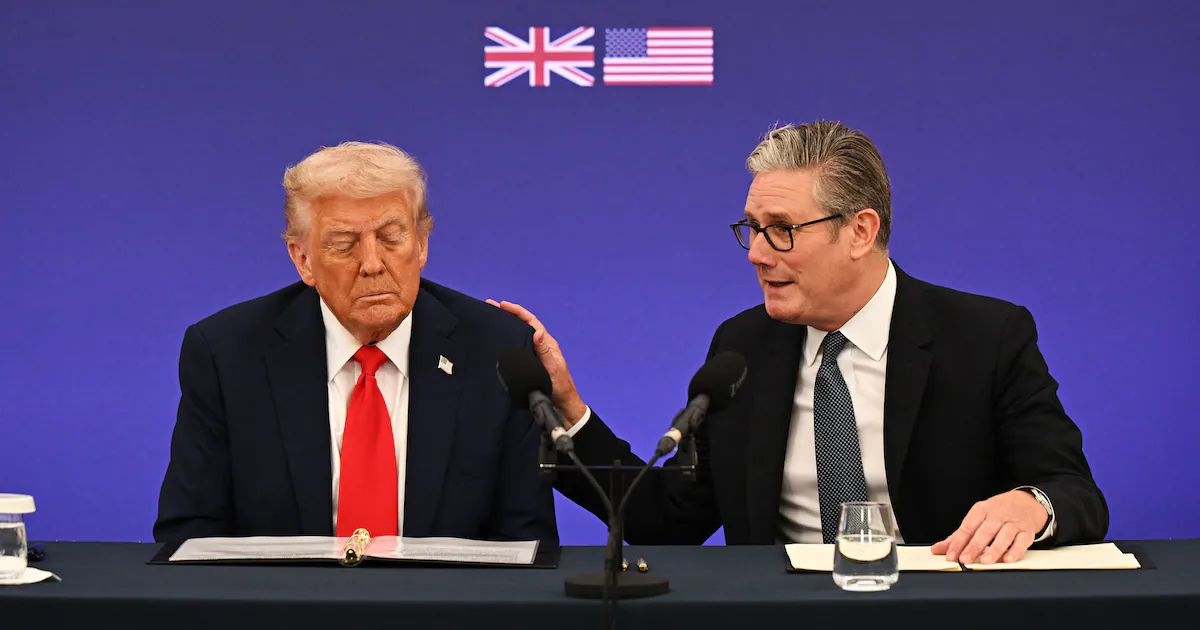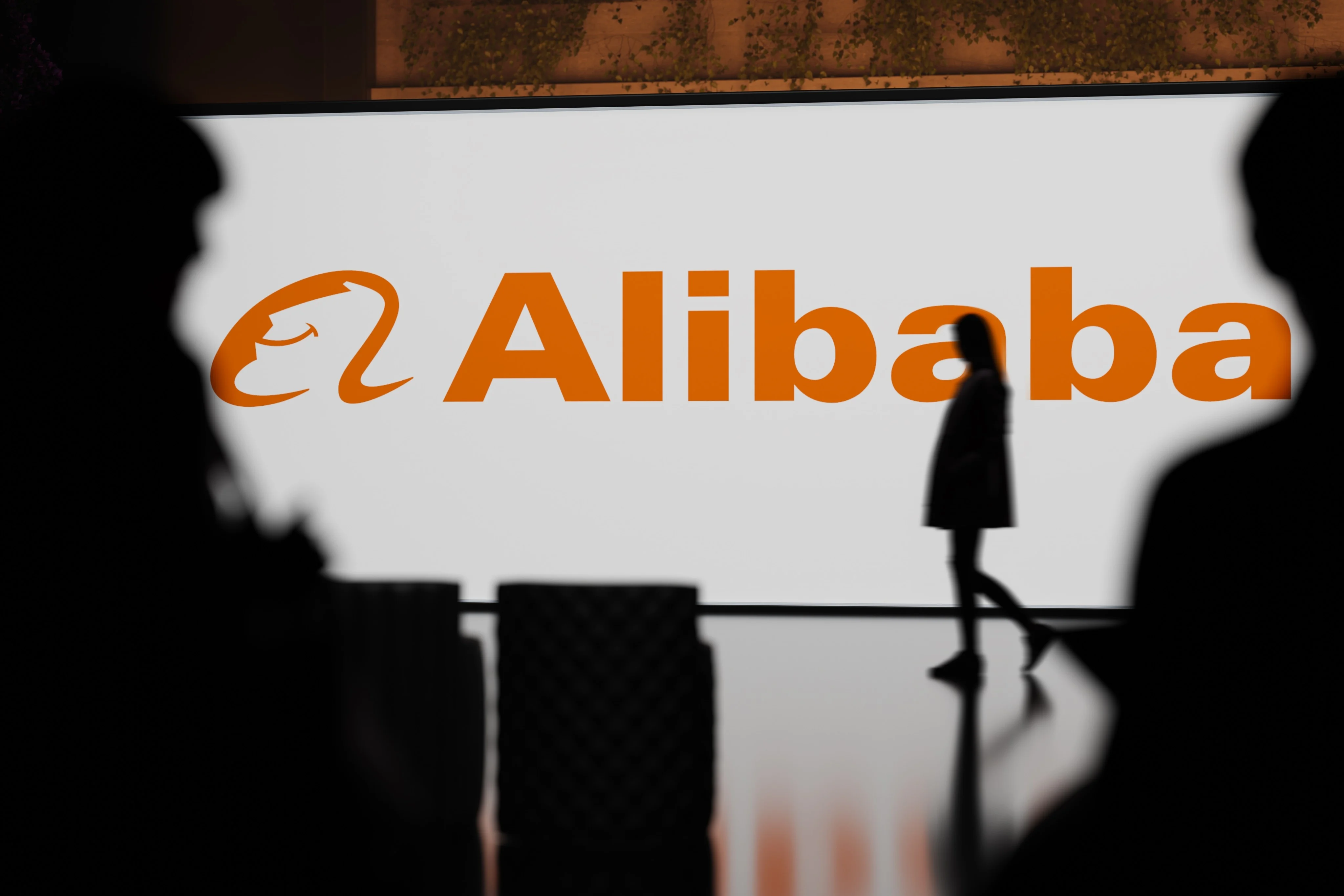By Eric Mtemang’ombe
Copyright mwnation

On September 16, Ma lawi went to the polls and by the time you read this, unofficial results will likely have been flooding in from all corners of the country. As of Wednesday afternoon, the official tally was still pending from the electoral commission, but the air is thick with speculation and anticipation.
Elections in Malawi are more than just numbers on a ta l ly sheet—they are a nat ional moment of reckoning , a chance for citizens to put their hopes, frustrations, and expectations on paper and into the hands of those who seek to lead.
B u t i t i s w o r t h remember i ng t hat an election, as exciting as it is, is merely the beginning of a much longer journey. The real business of nation-building starts the day after the last ballot is counted.
This year’s polls have been widely seen as a turning point for the economy. After years of volatility— foreign exchange shortages, stubborn inflation, and erratic policy shifts—many Malawians hope the outcome will mark the beginning of a more predictable, growth-oriented path.
Political par ties have campaigned on bold promises: stabilising the economy, creating jobs, expanding social protection, and taming the rising cost of living. Yet, the ballot alone does not deliver these results. What matters now is whether those promises will translate into credible, actionable policies — and whether citizens are ready to hold leaders to account.
Accountability is not an abstract concept. It is the fuel that keeps democracy alive between elections. It means asking tough questions about whether campaign promises were realistic in the first place. Were the plans to expand subsidies fiscally sound? Could the pledges to create millions of jobs be supported by a clear roadmap for investment and private sector growth?
It also means tracking implementation once the new administration takes office. How many of those promises are being delivered on time and within budget? How many risk deepening our economic woes by increasing public debt or crowding out essential services?
This is where Malawians must resist the temptation to become passive spectators. Casting a vote does not mean surrendering one’s voice for the next five years.
In fact, it should empower citizens to engage more—to demand regular updates on government performance, to scrutinise budgets, to insist on transparency in public procurement, and to call out corruption wherever it appears.
Civil society, the media, and Parliament all have a role to play in amplifying this vigilance, but ultimately, it begins with ordinary citizens refusing to let promises fade into campaign nostalgia.
There is also a deeper responsibility to protect the rule of law. Elections test not only the resilience of our institutions but also our collective commitment to fairness. Accepting results peacefully, respecting due process when di sputes arise, and supporting the independence of the courts and the electoral commission are crucial for stability. Economic recovery will not happen in an environment where investors fear political unrest or legal uncertainty.
In many way s , t h i s election is a mirror held up to the nation. It reflects both our aspirations and our challenges. The question is whether we will treat the moment as a one-day event or as the launchpad for sustained civic action. Change does not come from the ballot alone— it comes from the persistent, sometimes uncomfortable work of keeping those in power honest.
The coming months will be telling. There will be honeymoon speeches, early policy announcements, and perhaps the first signs of reform. But the measure of success will lie in whether these gestures translate into tangible improvements in people’s lives. The cost of maize, the availability of fuel, the reliability of public services—these will be the real indicators of whether Malawi is on the right path.
So, as the nation awaits the official results, let us remember that democracy is not a spectator sport. The ink on the ballot paper may have dried, but our duty as citizens is only just beginning.



